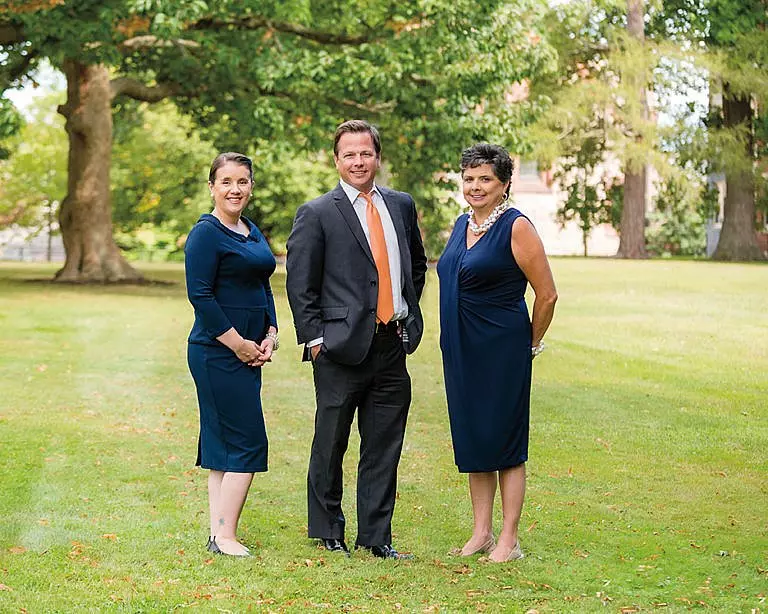Like so many of you, I am doing my part to protect the health of our vulnerable community members and frontline workers during the COVID-19 pandemic by socially distancing. To stay in touch (and sane!), I have been connecting frequently with friends and family by telephone and videoconference. In these interactions, I have noticed that some of my friends and family are now thinking about the “what-ifs” in life that they avoided considering before the pandemic. Luckily, it is not too late to execute proper estate planning documents to ensure that your wishes are respected and the proper people are appointed to handle your medical and personal affairs should a sudden illness strike.
Estate planning is as much about protecting yourself in life as it is about protecting your loved ones and your assets at your passing. Protecting yourself in life, does not need to be complicated; a few documents can make a big difference. To be prepared, here are the personal and medical documents that everyone should have in place:
Health Care Proxy. A health care proxy (HCP) appoints an agent to make health care decisions for you when you can’t do so for yourself, whether permanently or temporarily. It is only effective when a doctor determines and indicates in writing that you are not able to make medical decisions for yourself. Every HCP should have a primary agent and an alternate agent. Without this document in place, your family members might be forced to go to court to be appointed guardian, resulting in an ongoing, public, and costly process.
Personal Directive. Also known as Advance Directive or Living Will, this document, though not legally binding, provides guidance to your family, doctors, and friends about what types of decisions you would like to be made for you if you cannot speak for yourself. It is the place for you to indicate if you would like extreme measures taken to preserve your life (e.g., life support) or if you do not want your life extended through extreme measures. It also allows for you to indicate additional wishes like whether you would like to be buried or cremated and any special arrangements you would like related to your memorial services.
HIPAA Authorization. While the HCP authorizes your agent to act for you on health care matters when you are incapacitated, you may only appoint one person at a time. The Health Insurance Portability and Accountability Act (HIPAA) preserves the privacy of your medical information. It prohibits access to your medical information to anyone except yourself. This can make it very difficult for family members to assist you with medical issues such as insurance, finding out about test results, speaking to a doctor or pharmacy about a prescription, etc. It may be important for all of your family members to communicate with health care providers. A broad HIPAA authorization will permit medical personnel to share information with anyone and everyone you name, not limiting this function to your health care agent.
I often encourage that you to speak with your decision makers and provide them with copies of these documents. By having these conversations, it can ease the emotional burden on them and provide you with comfort that your intentions are understood and appreciated. Further, you should provide copies to any of your health care providers (primary care physician, specialists, health insurance companies, etc.). If a medical incident sends you to the hospital, have copies of these documents readily available can make all the difference. As we have heard, in this time of COVID-19, no one is allowed to accompany you to the ER. These documents will help facilitate your care and ensure that your agent (and loved ones) are informed about your condition.
By executing these health care documents, you can save your family a great deal of stress, burden, and cost at an already tough time.
©Surprenant & Beneski, P.C. 35 Arnold Street, New Bedford, MA 02740, 336 South Street, Hyannis MA 02601 and 45 Bristol Drive, Easton MA 02375. This article is for illustration purposes only. This handout does not constitute legal advice. There is no attorney/client relationship created with Surprenant & Beneski, P.C. by this article. DO NOT make decisions based upon information in this handout. Every family is unique and legal advice can only be given after an individual consultation with an elder law attorney. Any decisions made without proper legal advice may cause significant legal and financial problems.
